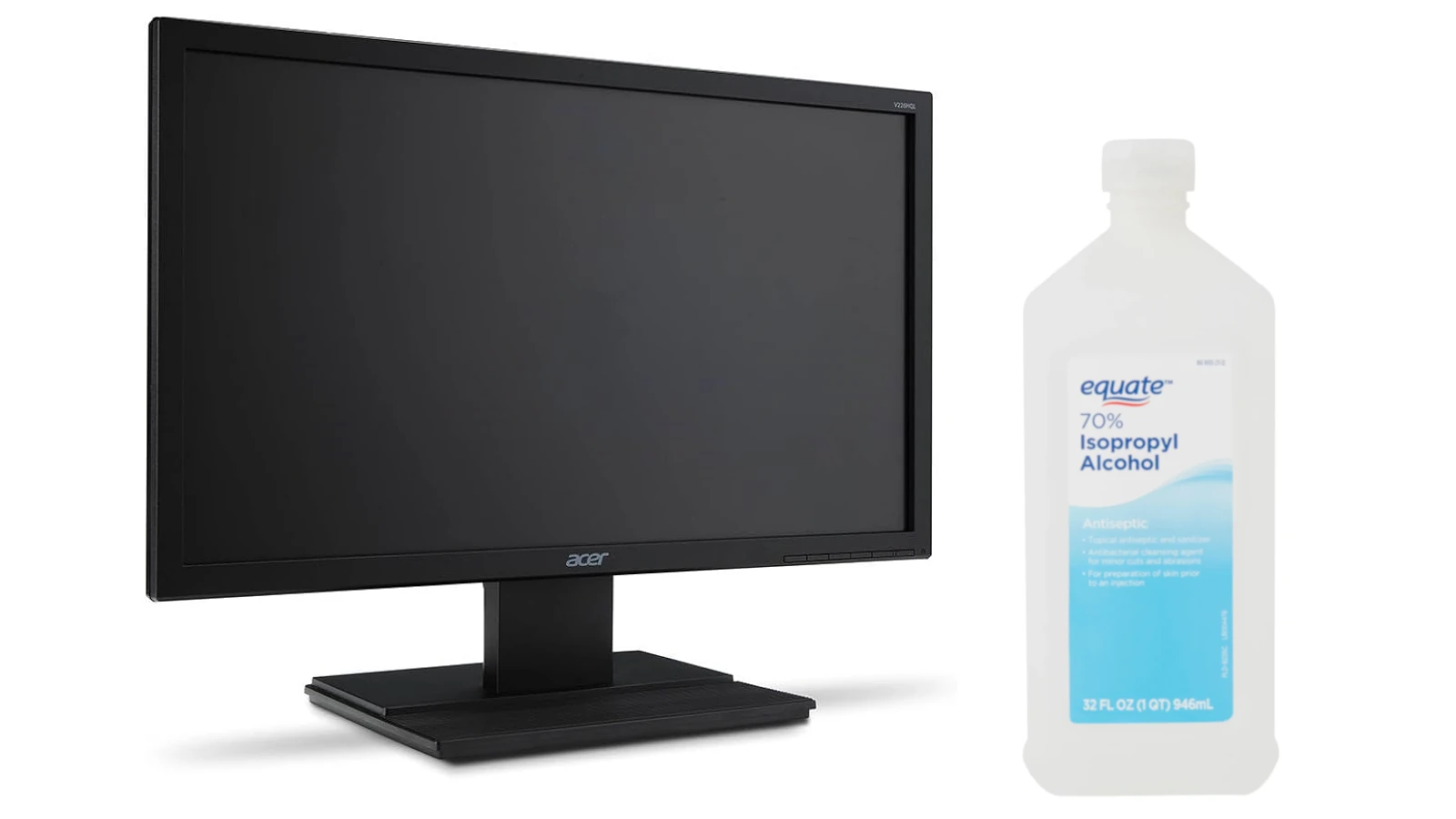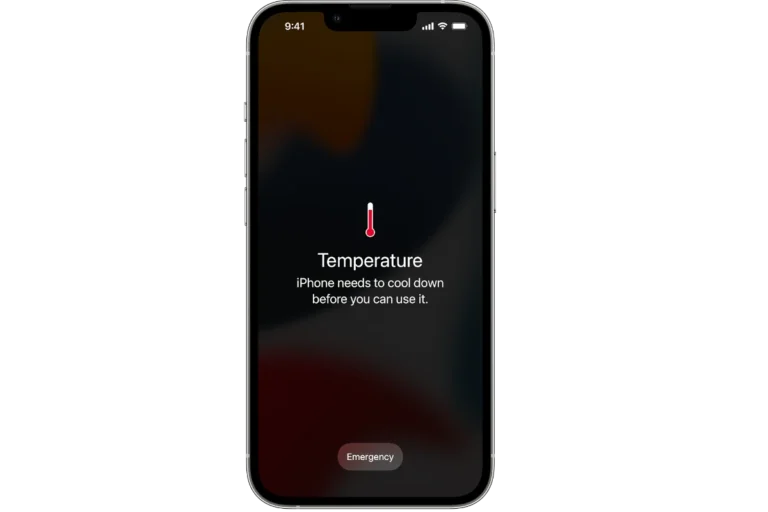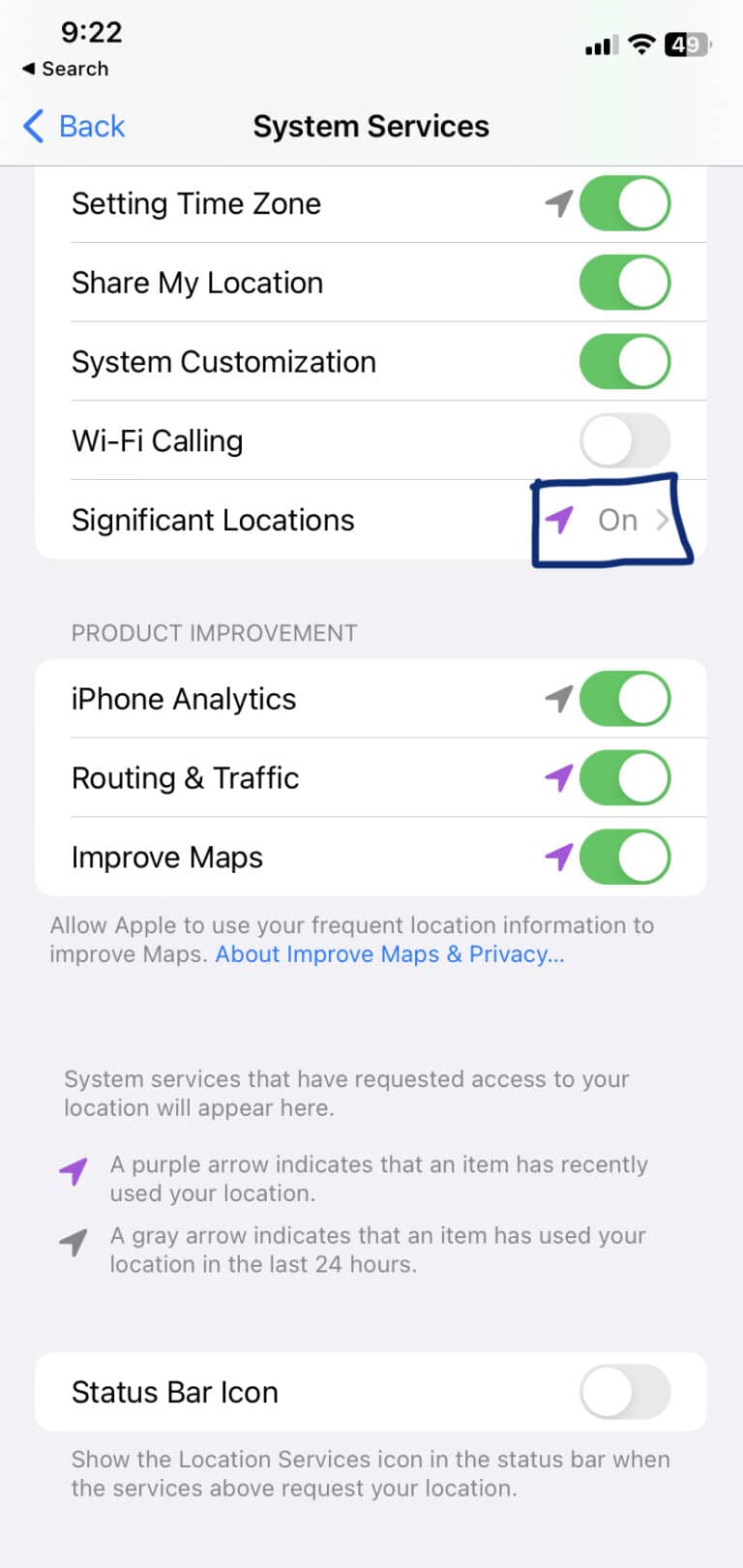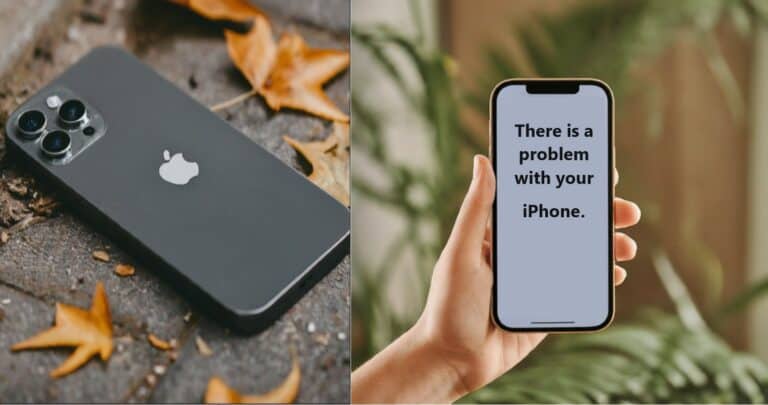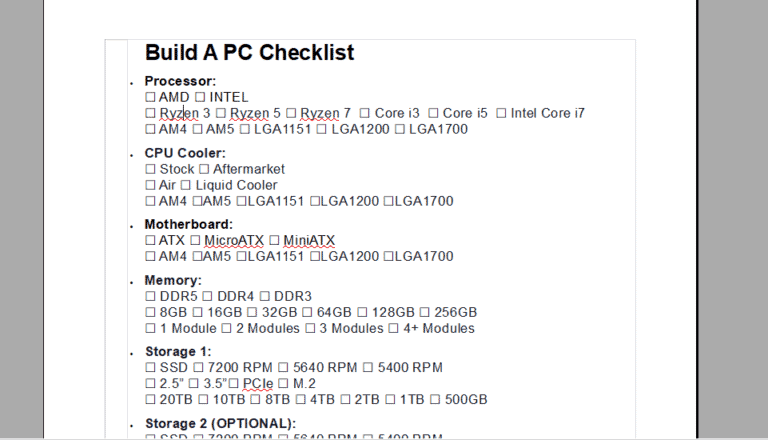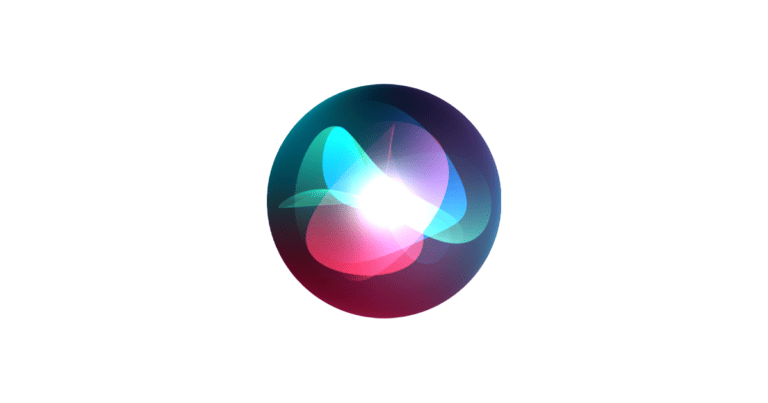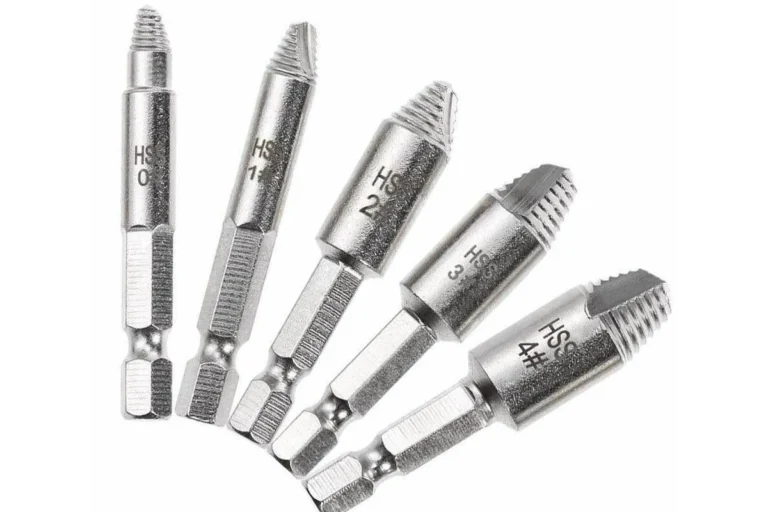Keeping an LCD screen clean is essential to ensure its longevity and visual clarity. However, when it comes to cleaning these screens, you have to proceed with caution and use the right chemicals. Rubbing alcohol is commonly suggested as an electronics cleaning agent, but it’s not recommended for LCD screens. The harsh chemicals in rubbing alcohol can damage the delicate surface of an LCD display. Instead, a gentle cleaning solution and a soft, lint-free cloth are typically recommended.
When cleaning an LCD screen, it is critical to avoid applying too much pressure, as this can cause pixel damage and other display issues. It’s not necessary to scrub or press hard; a gentle wipe will do. Moreover, solutions should be applied to the cloth, not directly on the screen, to prevent liquid damage. Using the right technique and materials protects the screen from scratches, clouding, or other types of permanent damage.
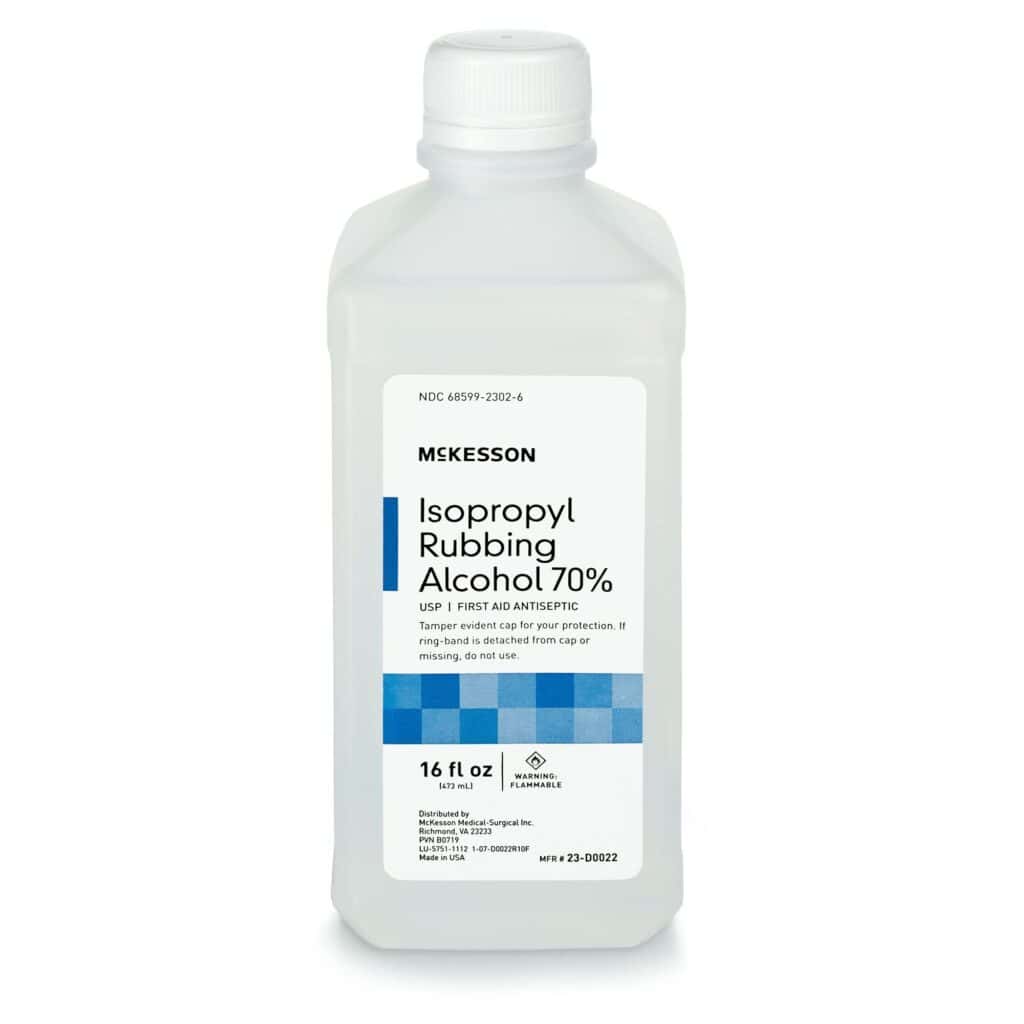
Why You Shouldn’t Use Rubbing Alcohol
Rubbing alcohol (also called isopropyl alcohol) is a popular cleaning choice, but it isn’t ideal for your LCD screens. LCD screens, found on TVs, laptops, phones, and other devices, are made with delicate materials.
Rubbing alcohol is a bit too harsh for LCD screens. It can cause the following problems:
- Strip the protective coating: LCD screens often have a special coating to resist glare or fingerprints. Alcohol can dissolve this coating, making your screen more vulnerable to damage.
- Discoloration: In some cases, alcohol can cause uneven discoloration or permanent marks on the screen.
- Clouding: The harshness of alcohol can lead to a cloudy, hazy appearance on the screen.
Safe Alternatives for Cleaning LCD Screens
Here’s how to properly clean your screen:
| Option | Description |
|---|---|
| Microfiber cloth | A soft, lint-free microfiber cloth is often enough to remove dust and light smudges. |
| Distilled water | For slightly tougher marks, dampen (don’t soak) a microfiber cloth with distilled water. |
| Specialized screen cleaner | Commercial screen cleaners designed specifically for LCD screens are widely available. |
Remember: Always apply cleaning solutions to the cloth, not directly onto the screen, and use gentle pressure to avoid damage.
Key Takeaways
- It’s important to use gentle cleaning materials on LCD screens.
- Direct application of harsh chemicals like rubbing alcohol can damage screens.
- Soft wiping without excessive pressure helps maintain screen integrity.
Understanding LCD Screen Care
Maintaining an LCD screen properly is key to its longevity and performance. It’s important to recognize that incorrect cleaning can harm these sensitive devices.
Components of an LCD Screen
Liquid Crystal Display (LCD) screens consist of layers. These include a backlight, liquid crystal solution, and a special reflective coating. These components are delicate. They can get damaged when inappropriately treated.
Risks of Using Rubbing Alcohol
Rubbing alcohol acts as a cleaning agent. Yet, it poses risks to LCD screens. It can strip off the reflective coating and allow moisture to seep in. This might invalidate the manufacturer’s warranty. Using this solvent can also increase the risk of the screen reacting badly to pressure.
Safe Cleaning Alternatives
For safe LCD screen care, use a microfiber cloth and avoid abrasive materials. Mild solutions like distilled water or a cleaner specified by the screen’s manufacturer can be used gently. Press lightly to avoid damaging the screen. Keeping these points in mind helps ensure the care of your LCD screen.
Frequently Asked Questions
Maintaining an LCD screen requires careful handling to ensure its longevity. This section answers common concerns about using isopropyl alcohol for cleaning such screens.
Can isopropyl alcohol cause damage to LCD screens?
Isopropyl alcohol can damage LCD screens if used improperly. It may strip away protective coatings and cause clouding of the display.
What is the safest method to clean an LCD computer monitor?
The safest way to clean an LCD screen is to use a microfiber cloth, lightly dampened with a mixture of water and alcohol, if necessary.
Are there any risks in using 70% isopropyl alcohol on screen surfaces?
Using 70% isopropyl alcohol poses a risk if it’s applied excessively. It can lead to streaks and potential damage to sensitive screen components.
How can one disinfect an LCD screen without causing harm?
One can use a diluted alcohol solution applied to a microfiber cloth, but without spraying directly onto the screen, to disinfect an LCD screen safely.
What substances should be avoided when cleaning computer screens?
Substances like ammonia, bleach, or glass cleaners should not be used to clean computer screens as they can be harsh and cause damage.
Is it advisable to use isopropyl alcohol to clean a phone screen?
It is better to clean a phone screen with a dedicated screen cleaner or a slightly damp microfiber cloth to avoid harm to oleophobic coatings.

